Corner Plaques and Yucatan Kids
If you have ever visited Merida, you have probably had the experience of getting lost in the maze of numbered streets that make up the Centro Historico. In the early colonial days, Merida's streets confused many of its inhabitants, especially the Mayans. If you invited a friend to your cantina on Calle 60 at 65, they might never arrive. The only sure way to direct someone to a destination was with landmarks, like the main plaza, a church, or a park. To this day, if you ask a Yucateco for directions, they rarely give you street names. It's still "turn left at the park, go past the Burger King, etc." Even the WG's do it now. It's just easier to remember *things* than it is to remember *numbers*.
Taking their cue, the old colonial shop owners and tavern operators turned their establishments into landmarks. Using memorable names of people, places, events or animals, they made statues, effigies or murals depicting them on their buildings. Businessmen would also build on street corners because they are easy to find. Before long, people were navigating around Merida by following these corner landmarks. On the left you can see an unusual corner. A painting of two different gentlemen was painted right on the corner, so this corner became known as Dos Caras (Two Faces).
Over the years, the importance of the corner landmarks outlasted many of the establishments that created them. Murals were painted over, statues collapsed. The symbols for navigating Merida were in danger of being lost. That is when the Ayuntamiento (City government) stepped in and began installing the distinctive red and white plaster plaques you'll find at many corners today. As you walk the streets of Merida, you can discover over 170 corner plaques (and counting!). Some of them tell a story; some have been there a very long time and still others were just installed last month. It seems to be an ongoing program. Nowadays, it's the other way around. Businesses name themselves after the corner plaques. The picture above shows the Bar El Alegre Sapo (Joyous Toad) and the corner plaque is El Sapo (the Toad). Which came first? The bar or the toad?
From the beginning, the WG's were charmed and fascinated with the corner plaques. We spent hours of "free time" searching for and photographing all the corner plaques we could find. We converted many of these into digital files so we could create reproductions. One of our first business ventures here was the creation and sale of t-shirts with groupings of related corner plaques on them. The shirts sold well at local stores, but our web business took over our lives, and we stopped selling them.
Recently, we decided to revive our corner plaque T-shirts through the Cafe Press website in order to help support a very worthy cause here in Merida.
About six months ago, we received a call from a very lovely woman who spoke only Spanish. Despite our language differences, we were able to understand that she represented a non-profit organization here in Merida that helps physically or developmentally disabled children from around the Peninsula. She sat on the board and was representing their wish to have a website that would represent their organization to the world, in an attempt to raise money.
A few days later, we found ourselves at the Patronato Peninsular Pro-Niño Deficiencia Mental (PPPN), a 40-year old institution that currently has 28 employees, as well as numerous volunteers. Located just off the Periferico (ring road) around Merida near highway 180 to Cancun, the PPPN has a campus-like facility that services about 150 children and their families. Here, children from Yucatan, Campeche and Quintana Roo can come for classroom education on everything from folding laundry and brushing their teeth to math and science, depending on their age and abilities. The families of children with mental deficiencies or cerebral palsy and other disabilities can bring their children in for an evaluation by qualified doctors and therapists, who will give them a program to follow at home.
We spent our morning there photographing and mingling with children between the ages of 1 and 20 who were working with teachers and parents, cooking, receiving physical therapy, singing and laughing.
What struck us about this facility was how joyful the children were, despite some fairly debilitating problems. Many of the children are in wheelchairs; many of them can barely see through thick glasses. But almost all of them were smiling and obviously enjoying their time there.
We were told by the director, an energetic woman who somehow kept everything to a manageable level of controlled chaos, that the reason the school only served 150 children was due to a lack of cash. Just $150 USD a month is enough to provide a child with 3 days a week of care, attention, education and food, as well as education and support for the child's caretakers. The PPPN can also find a use for wheelchairs, any kind of exercise equipment (like stationary bicycles, floor mats, etc.) and school supplies.
The school has plenty of land and more buildings than they are using right now in which they could house more students, including boarding students whose families live far away. But in order to pay the teachers and therapists, and in order to buy the food for hot lunches and the school supplies, they need donations. She told us stories of the many children still out in the pueblos whose parents struggled to make ends meet while caring for these children, sometimes resorting to desperate measures, like tying their kids to the bed when they go to the grocery store or to work.
In an effort to do our part, we created a website for the PPPN: www.yucatankids.com and we helped them set up a Paypal account to facilitate donations. If you want to donate money to them directly, please feel free to do that. Just click on "How To Help" on their website. While this has indeed helped, it hasn't brought in the cash that we (and they) were hoping for.
Today we had the idea to re-launch our Merida Corners T-shirts through Cafe Press to support the PPPN with the profits from the sales. We've also added a ballcap, tote bag, stickers, a mouse pad, tiles, baby bibs and an apron. If you love Merida and the Yucatan, we hope you will visit our Cafe Press store at shop.cafepress.com/yucatan-living and buy some of this stuff. You win by receiving a unique product that reminds you of Merida (and is pretty stylish too, if we do say so ourselves!). The kids and their families win by getting money for needed facilities, therapists and teachers. The therapists and teachers win by getting paid jobs. And we win by helping to make a difference.
Everybody wins!! That's the way we LOVE to use the Internet!




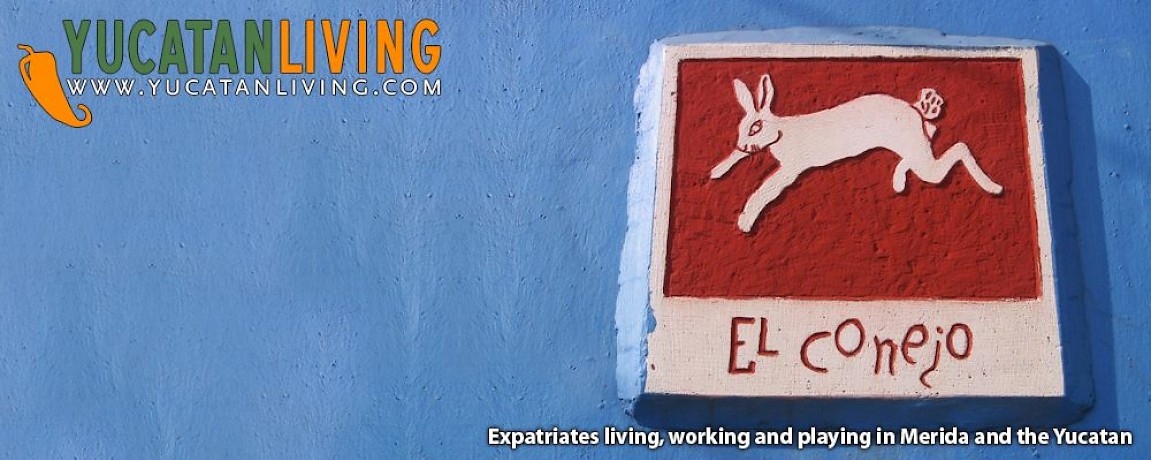


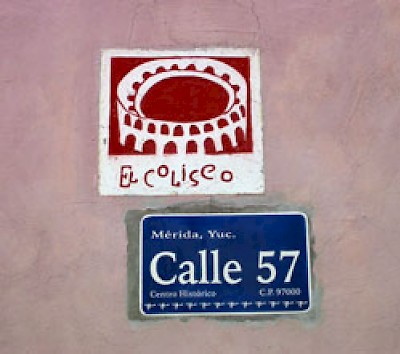
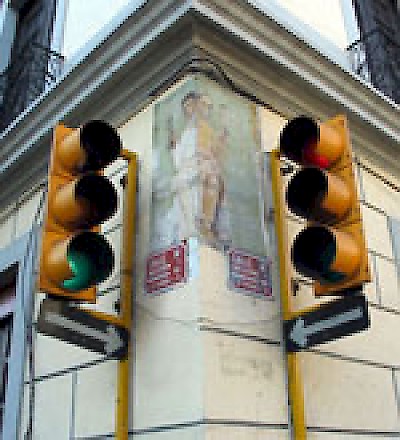
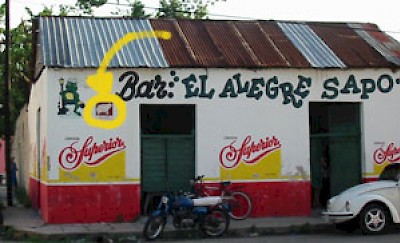
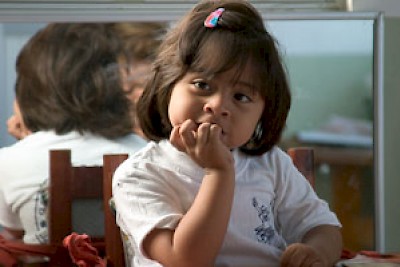
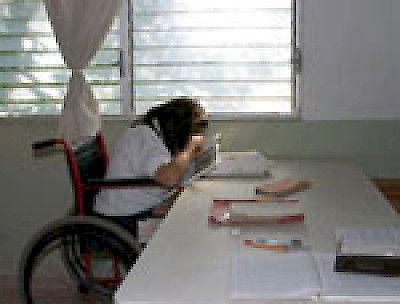
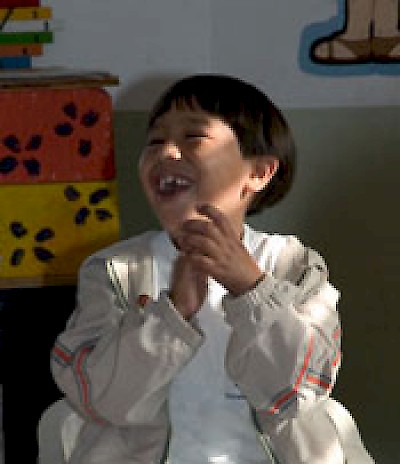
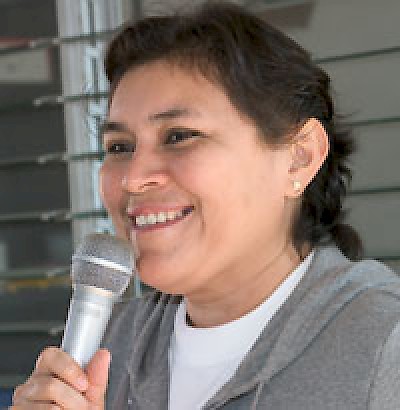
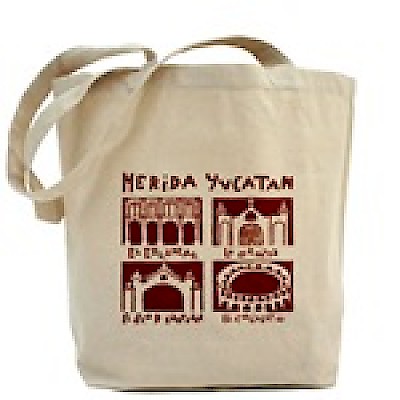

Comments
Working Gringos 19 years ago
OK, we did it! Our article on bilingual schools in Merida can be found here:
http://www.yucatanliving.com/yucatan-survivor/schools-in-merida-yucatan.htm
Let us know how you fare with finding schools for your children. We'd like to hear your report!
Reply
Working Gringos 19 years ago
Hola, David! We are in the process of doing research on schools here, as you are the second person who has specifically asked.
We know of some schools, of course, but don't know all the details. We will be gathering them over the next week or two and then writing an article with in-depth information.
I can just about guarantee to you, however, that private schools here are less expensive than private schools in the United States. Beyond that, let's wait for the report. As they say here, proximamente!! (coming soon!)
Reply
david zamudio jr. 19 years ago
My parents moved back home from Merida 2 years ago.They convinced me to moved my wife & kids.I plan on selling my home and moving my parents and father in law with us down there. My only consern is finding bilingual schools for my kids ages 9 & 13. Are private schools expensive? where are they located? I love this website!!! You guys are doing your american brothers good, keep it up!!!! thank you. David Zamudio
Reply
Working Gringos 19 years ago
Thanks, Alisa!
Reply
Alisa Cooper 19 years ago
i love, love, love this idea. commendable on the education partnership, and charmingly interesting on the plaque side. everyone here gives directions by landmarks, too, and i think it's fantastic that the city of merida is constantly preserving the tradition. wonderful post.
Reply
« Back (10 to 15 comments)